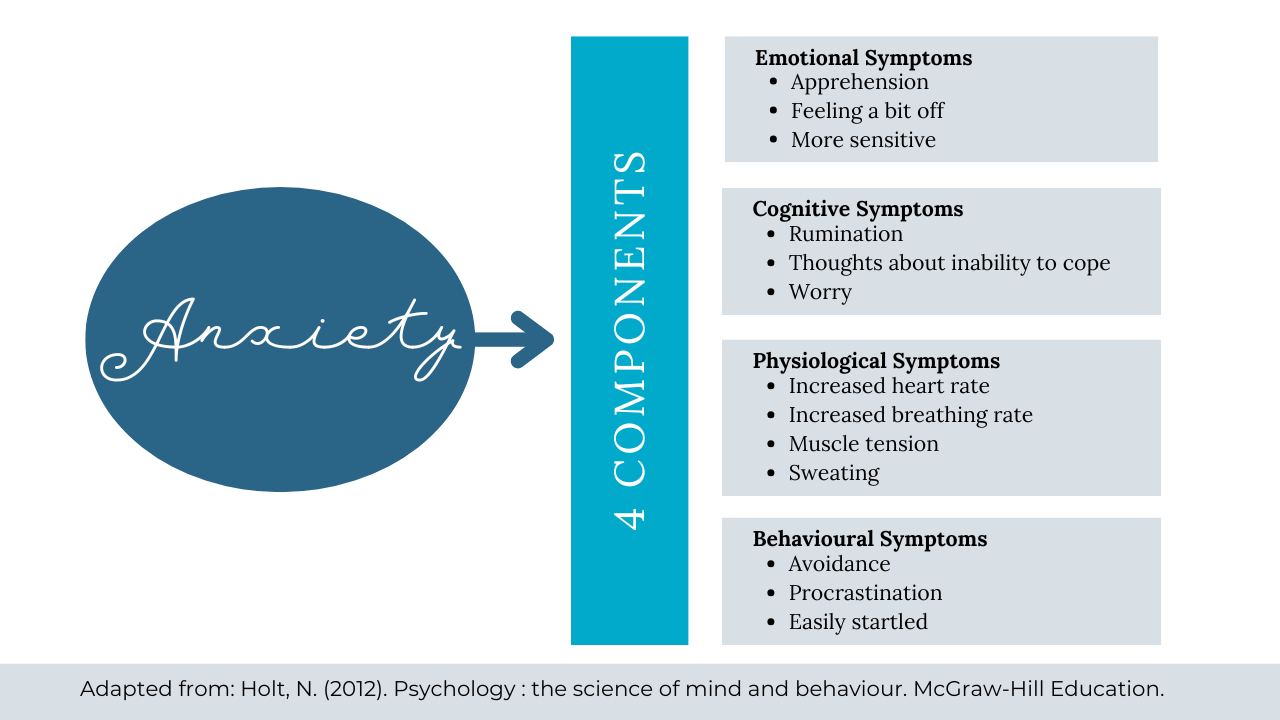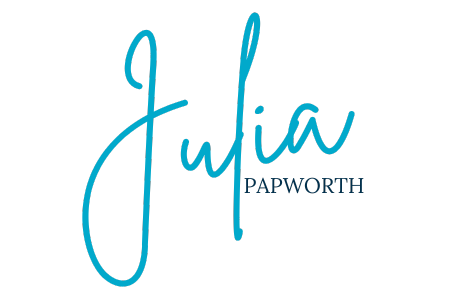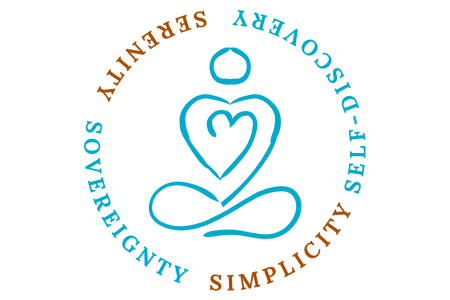
Fear can be crippling and anxiety is a result of fear. Our sensory system informs us that something about life is 'off'; that danger to our emotional, physical or psychological safety is present!
During an unprecedented time such as COVID, there was a strong sense of an unknown outcome or future. Anxiety can come from not 'knowing' what is going to happen, or from worrying about what might happen.
However sometimes there is a generalised sense of foreboding, and we have no idea why. Logical thinking does not seem to help, the body starts to feel a certain way, and if it goes unchecked it can lead to panic attacks.
So what is anxiety?
- 'Anxiety' is an emotional state that is difficult to describe but if you have experienced it, you will know that it can be pretty intense at one end of the spectrum, to a low level but constant sense of mild foreboding at the other!
- Anxiety can feel like a continual state, or it is something that can come and go without apparent cause. Whilst the mind is not 'perceiving' a threat, somehow the body is - the nervous system is.
- Anxiety is defined as a "state of tension and apprehension that is a natural response to a perceived threat" (Holt 2012), it has four components: behavioural, emotional, cognitive and somatic.

Feelings are the sensations we have in the body. Emotions are the way we categorise those sensations and make sense of them as labels. Anxiety is a label we use to describe the range of feelings in the body. If you were driving a car, it would be like having your foot on the accelerator and the break at the same time and the tension would be caused by the degree of pressure from each pedal.
How is anxiety presenting itself?
A useful way of understanding this is to do the following exercise:
If you were going on holiday for a week, somewhere nice, but you anxiety was not allowed to come along, you have to leave it behind with a good friend who needs to do it for you. Can you describe exactly how to do anxiety to your friends, so they can look after it for you whilst you are away. You will need to include exact instructions on following (like a recipe)
- What you think, feel and do
- The order in which you think, feel and do.
- Use this question; if you were going to teach someone how to do your anxiety, what would they do first? What next, What next? Until you build a picture of the current behavioural / emotional / thinking strategy (paradigm of existing, automatic strategy)
What can we do to help?
This section links at a number of different and more helpful strategies you can use to support the unlearning the paradigm of the existing, automatic strategy.
- Bach flower remedies - Aspen or mimulus relate to anxiety
- Movement that is enjoyable (running, dancing, weights, walking, swimming, playing badminton)
- Breath-work or pranayama - using the right breath-work practice to regulate
- Cognitive - developing observation, awareness and reflective practice around how you think.
I have a worksheet for these if you would like more details on these anxiety strategies?
References:
I try to keep many of the references using journals to 'open access' so that readers have the choice of reading further if they wish to, however some are behind publisher paywalls, which I can access being part of a University, but the public cannot. Other references are books and occasionally web-links.
Holt, N. (2012). Psychology : the science of mind and behaviour. McGraw-Hill Education.
Schwartz, R.C. (2021) No bad parts: Healing trauma and restoring wholeness with the internal family systems model. Boulder, CO: Sounds True.

